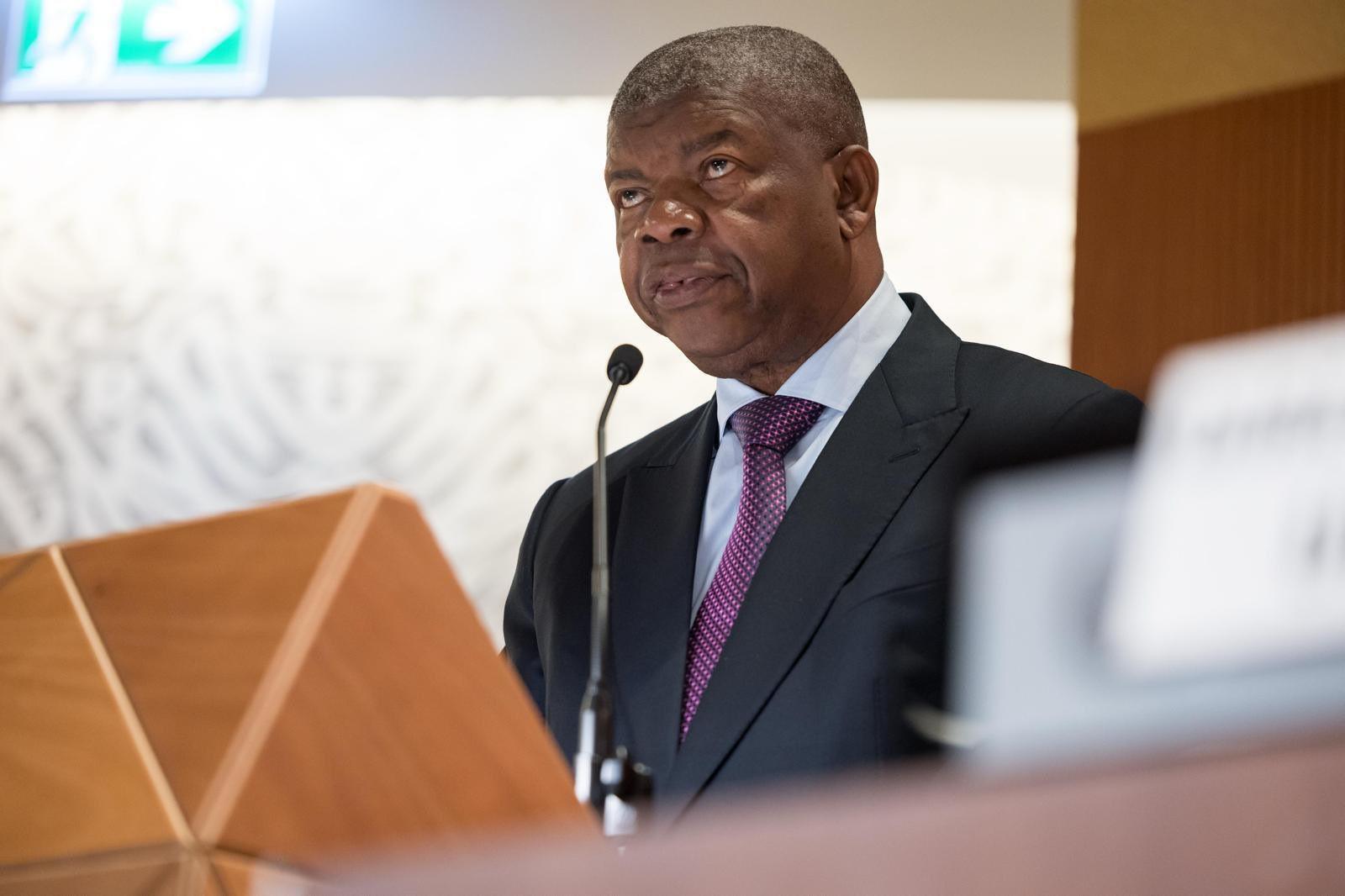Africa-Press – Angola. Angolan president João Lourenço announced on Tuesday that Angola will contribute 8 million US dollars to the World Health Organization (WHO) to continue to guarantee its operation.
Speaking at the 78th World Health Assembly, in his capacity as President of the African Union, he called on WHO member states to increase their contributions in a gesture of global support, so that the organization can continue to protect the health of the people
João Lourenço said Angola has the honor of joining the 14 African countries that have pledged contributions to the World Health Organization’s Investment Round.
He called on the Organization’s member countries to step up their contributions in a responsible gesture of global solidarity in order to make up for the support that has been withdrawn and ensure that the WHO continues to fulfill its vital role in protecting the health of the people.
The AU chairperson stressed that everyone has a duty to protect and strengthen the WHO, which remains the essential partner for most countries, especially in times of need and distress, due to the great usefulness and timeliness of its technical programs, its early warning systems and its field operations that cannot be jeopardized by financial or even political uncertainties.
Lourenço saluted the spirit of resilience of the organization, which has at the same time faced a difficult situation of declining investment, contributions falling short of commitments and unfair criticism of its supposed inefficiency or, worse still, its supposed uselessness.
João Lourenço stressed that the world needs a stronger World Health Organization, with sustainable and predictable funding to ensure that it is fully operational.
He reminded those present, including several Heads of State and Government that the WHO remains the only institution with a universal mandate to protect global health and promote equity, as well as the only platform for multilateral cooperation on global public health.
Despite this reality, he pointed out that the organization currently operates with a funding model in which only 18% of its budget is covered by fixed and predictable contributions.
Lourenço expressed Africa’s unity in support of the proposal to increase the fixed contributions, since “investing in the World Health Organization is not a useless act”, but a strategic investment in the future of humanity, as well as a commitment to global security, mutual prosperity and a less vulnerable world.
“In addition to preserving what already exists, the time has come to take concrete steps towards universal health coverage, an ideal that we must pursue relentlessly until it becomes a reality. We can no longer live in a world where a child’s chance of survival depends on where he or she was born or where a mother has to choose between buying medicines or feeding her children,” Lourenço said.
João Lourenço urged all players to see health systems as important gains and not as unnecessary expenses, which means valuing primary health care, investing in health professionals and ensuring that no community is left behind, whether urban, rural, rich or poor.
The President of the African Union, who was the guest of honor of the Director-General of the WHO at the Assembly, said he was fully aware that talking about health for all not only implies the need to build more hospital infrastructures, train more health professionals, produce or purchase more medicines and vaccines, but also investing in the education of citizens, basic sanitation, access to drinking water, healthy food, housing and sports activities.
João Lourenço pointed out that, as in environmental matters, African countries are rarely the starting point of crises, although they are almost always at the forefront of the group of victims of these crises that transcend borders.
In health, he continued, the same dynamic can be observed, where every setback in global support has a decidedly negative impact on African health systems, with direct consequences on the lives of citizens and particularly children, which clearly jeopardizes the sustainability of the socio-economic development of the African continent.
The main objective of the Assembly is the adoption of the Agreement on Pandemic Prevention, Preparedness and Response aimed at protecting humanity against future health crises similar to Covid-19, which took place unanimously on Tuesday.
It follows a long process of negotiations conducted over three years by the Intergovernmental Negotiating Body (INB), created in December 2021, at the height of the Covid-19 pandemic.
The aim is to create a binding international treaty that can help the world deal with future health emergencies, based on the lessons learned from the Covid-19 pandemic.
Faced with the inevitability of a new health crisis, the new legal instrument advocates guaranteeing universal and equal access to vaccines, medicines and diagnostics.
For More News And Analysis About Angola Follow Africa-Press






